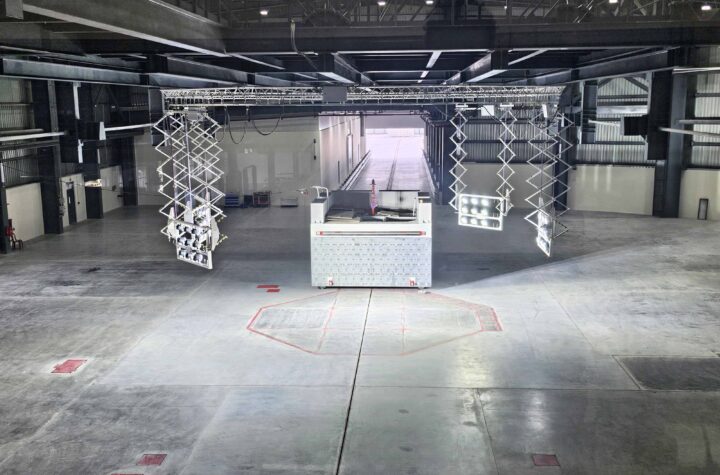
A major factor limiting innovative bio fuel firms from commercializing their technologies is the need for large investment in, or cost of using outside refining facilities. There are many types of bio raw materials that can be produced on a limited scale but can’t be processed into finished fuel in less than large operations a core part of which is expensive hydrotreating. The hydrogen needed for the hydrotreating process is most commonly made by costly steam methane reforming of natural gas or collected from the reforming of naptha.
A solution to this problem has been demonstrated by San Francisco based AliphaJet which has developed a unique process termed “catalytic decarboxylation”. This can replace hydrotreating at lower cost thereby aiding small to medium, local or regional production of marketable biofuel. AliphaJet fuel has met ASTM specification D-1655 based on testing by Southwest Research Institute.
Whereas petroleum fuel is largely in the hands of giant international oil companies, the AliphaJet system greatly improves the outlook for an army of smaller suppliers of drop-in fuel. With this would go greater opportunity for growth in domestic jobs and
improved national energy security.
The catalytic decarboxylation system developed and lab proven by AliphaJet is headed by Jack Oswald who explains that a typical local or regional business could intake raw biomass and convert it to finished fuel with a $25 million investment for an output of 20 million gallons per year . First cost for the process is calculated to be $ 0.25 per gallon in addition to the cost of raw biocrude for the 20 million gal/yr production rate
Oswald says a first demonstration unit with capacity of 10 gal/hour will be operating by the end of 2012 with a broad range of bio materials including seed oils, animal fats and vegetable oils. He adds that algae and genetically modified fermented oils will be processed soon thereafter.
One example of incentives to switch to bio fuels is a reported calculation by Standard and Poors that regulation to begin next year limiting CO2 emissions by commercial aircraft operating with petroleum fuel in and out of the EU, will cost over $20 billion in fees through the year 2020. This is based on a reported 18% targeted cut in CO2 by aircraft in the period 2013 through 2020.









More Stories
Automotive Industries (AI) Newsletter April 2025
Bangkok International Motor Show 2025 – The Talk of Sensuous Automotive
Earn GHG reduction values through MOL Pure Car Carrier “Book and Claim (B&C)” service